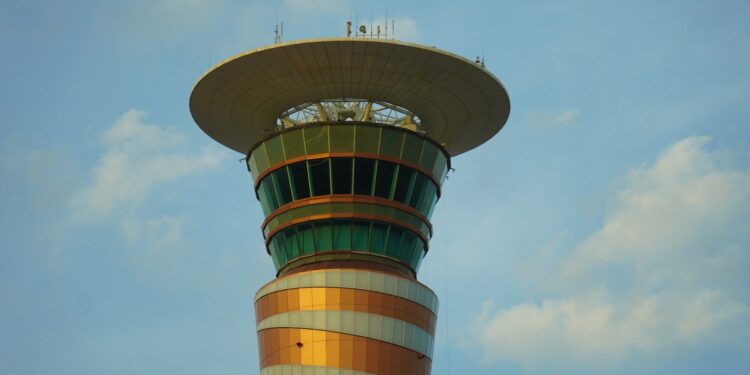The International Air Transport Association (IATA) has announced new partnerships with Saudi airlines, airports, and educational institutions to enhance workforce skills in the aviation sector. These agreements, revealed at IATA’s Aviation Day MENA conference, are set to provide advanced training for over 1,000 Saudi aviation graduates and professionals, focusing on airport development, safety, airline management, and ground operations, according to an IATA press release.
Key agreements include Riyadh Airports Company and Qassim University joining Prince Sultan Aviation Academy as IATA Regional Training Partners. Together, they will offer more than 60 IATA-certified courses covering topics such as airport planning, operations, safety, and commercial skills. IATA will also deliver industry awareness programs to graduates from Riyadh Air and Saudia Airlines, aiming to prepare Saudi nationals for future leadership roles. The Saudi Academy of Civil Aviation will receive specialized training in Dangerous Goods Regulation, while Saudi Logistics Services has been certified as an IATA Competency-Based Training and Assessment Centre. Saudi Ground Services has renewed its training validation accreditations.
These initiatives support Saudi Arabia’s Vision 2030, which seeks to transform the Kingdom into a global travel and tourism hub. According to Economy Middle East, the goal is to reach approximately 300 million air passengers annually by 2030, including 100 million tourists. The aviation sector currently contributes about US$90.6 billion to the economy, representing 8.5% of GDP, and supports 1.4 million jobs in the Kingdom.
Achieving Vision 2030’s ambitious targets will require a larger, digitally skilled workforce. Both IATA and Riyadh’s civil aviation authority emphasize the importance of talent development through scholarships, internships, and specialized training programs.
This move is part of a wider regional trend, with Gulf countries increasingly investing in aviation expertise. IATA recently expanded its presence in the Middle East by opening a new office and training center in Abu Dhabi. Airlines such as Emirates and Qatar Airways are also investing heavily in pilot and engineering training to meet rising demand.
With these new partnerships and training programs, Saudi Arabia is positioning itself to meet the future needs of its rapidly growing aviation industry. Building a skilled workforce is seen as a crucial step toward realizing the Kingdom’s vision of becoming a leading global aviation hub.









